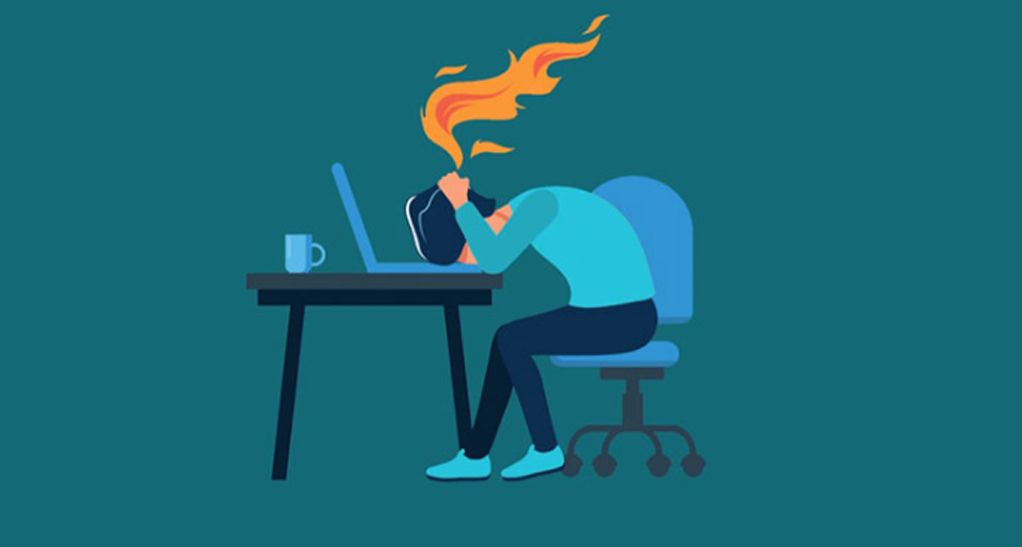In today’s world, the culture of busyness pushes us to work non-stop. But the body is not designed for constant strain. Rest is not a weakness or laziness; it is a vital part of life. In this article, we’ll explore why rest is critically important for mental health, how to restore energy properly, and what to do when your mind can’t “switch off.”
Why Rest Is So Important
Rest is the time when the brain and body recover after intense activity. Without it, we become irritable, distracted, and lose motivation. Rest is the key to health, energy, and joy in life.
What quality rest provides:
- improved memory and focus
- reduced anxiety and stress
- normalized sleep
- restored creativity
- increased overall productivity
Types of Rest: Which One Do You Need
There are several types of rest. Each one is important at different stages of life.
- Physical — sleep, walks, exercise, spa
- Emotional — time alone, quiet, connection with loved ones
- Mental — hobbies, meditation, reading
- Digital — screen and social media break
- Social — new environments, meeting people, travel
- Creative — time for inspiration, art, and expression
Signs That You Urgently Need Rest
Sometimes we don’t notice how fatigue builds up and starts affecting our mind and body.
What to watch for:
- waking up tired
- constant irritability over small things
- inability to focus
- loss of interest in activities
- frequent illness or headaches
- emotional numbness toward people and events
How to Organize Rest Properly
Even 15 minutes of rest can change your state if you approach it mindfully.
- plan your rest like work — mark it on your calendar
- switch activity types: after mental work, do something physical and vice versa
- don’t treat rest as a reward — it’s a basic need
- rest regularly, not only on vacations
- avoid screen-based “rest” — it rarely leads to real relaxation
Active vs Passive Rest — When and What to Choose
| Type of Rest | Example | Best When… |
|---|---|---|
| Active | Walks, sports, travel | you’ve been sitting or mentally drained |
| Passive | Sleep, calm music, bath | you’re physically exhausted or tense |
| Social | Meetups, family weekends | you lack emotional warmth |
| Creative | Drawing, music, crafting | you seek inspiration or expression |
Rest and Productivity: Why Less Is More
It often seems that to get more done, we must work longer. But in fact, regular breaks and full rest make us more effective, not lazy.
How rest boosts your work:
- better decision-making
- fewer mistakes and memory lapses
- more new ideas
- improved communication
- quicker return to “flow” state
What to Do If You “Don’t Know How to Rest”
Many people feel guilty when doing nothing. Or they simply don’t know how to relax.
Try these approaches:
- allow yourself to “do nothing” — that already helps
- start with 5-minute breaks every 90 minutes
- write down things that truly relax you
- try meditation or mindful breathing
- create a “daily micro-rest” — tea, walk, reading
Rest is not a luxury — it’s an essential part of mental well-being. If you don’t stop in time, your mind and body will do it for you. So it’s better to listen to yourself and make rest a priority. Remember: a rested brain works faster, better, and longer.

